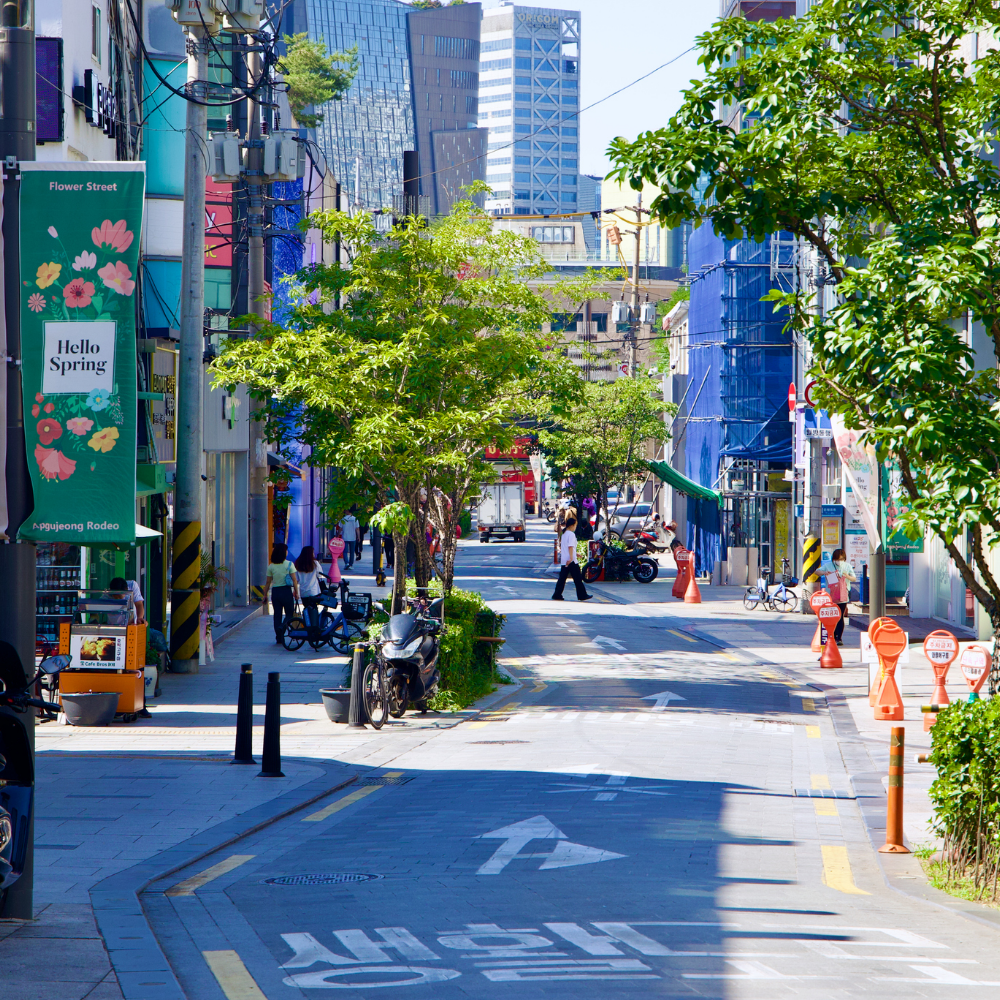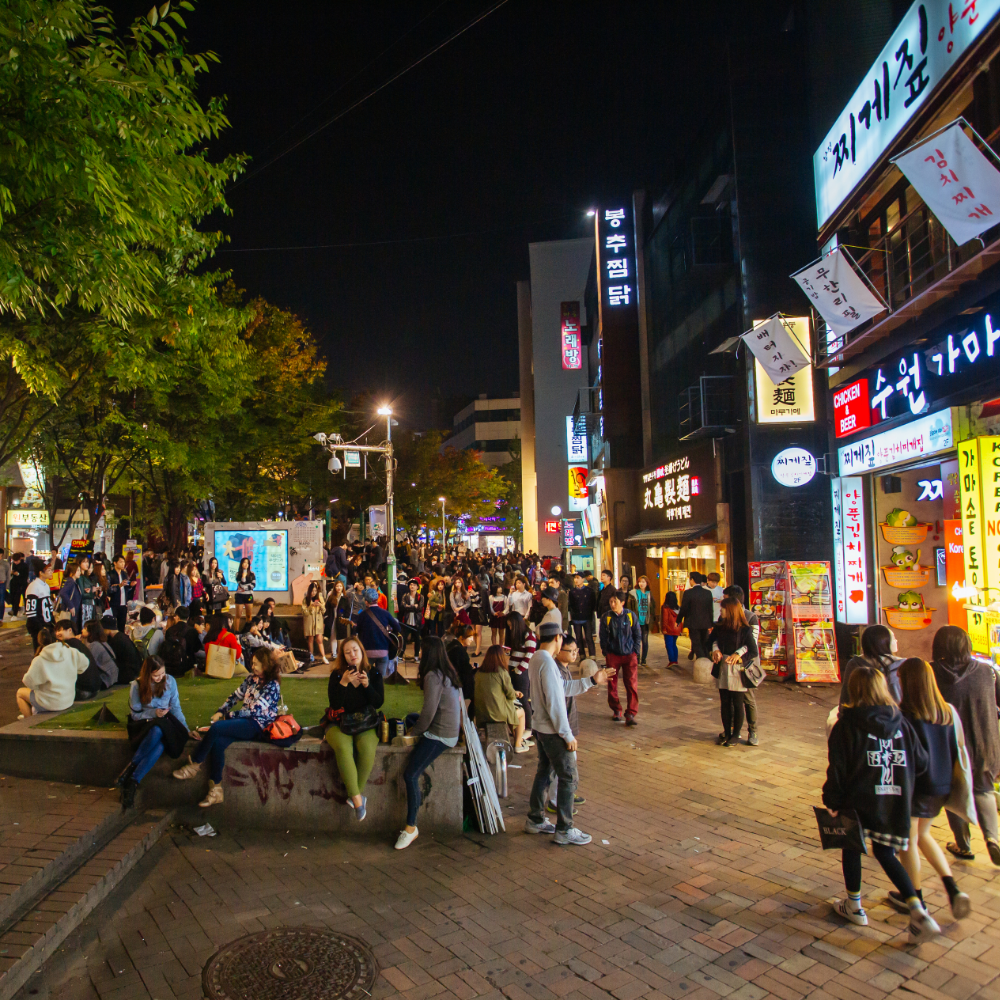Job Opportunities Korea: Navigating Careers in 2025
Explore today’s job opportunities in Korea — from tech and healthcare to government programs, digital nomad visas, and what foreigners need to know to thrive in the competitive job market.

Korea’s Job Market in 2025
In 2025, Korea’s job market shows both promise and pressure. Recent reports note over 130,000 jobs added in August alone, but competition for full-time roles remains intense. Government data reveal that new postings on Work 24, the national platform, fell by over 11% compared to last year. The job-applicant ratio stands at just 0.39, meaning fewer than 40 openings for every 100 seekers. Youth unemployment remains stubbornly high, with over half a million young graduates still searching after a year.

Sectors with Growing Demand
Despite overall tightness, several industries show growth. Tech and AI are expanding, with demand for machine learning specialists, engineers, and product managers. Healthcare and biotech are fueled by Korea’s aging population and global R&D ambitions. Green energy and sustainability are seeing new projects in EV infrastructure and renewable power. Meanwhile, content creation, design, and digital marketing thrive under the digital nomad economy. The public sector also launches programs to create new opportunities in education, welfare, and civil service.

Challenges for Job Seekers
Job seekers face daunting challenges. The “passion pay” culture still pressures many to accept low wages for experience. Expectations for language skills and credentials remain high. Startups, once a vibrant source of work, are scaling back due to investment cuts. Foreigners encounter additional hurdles with visas, work permits, and recognition of credentials. Navigating these obstacles requires persistence and adaptability.

Opportunities for Foreign Talent
Korea is opening doors to global professionals. Programs like the digital nomad visa allow remote workers to live in Korea while keeping foreign employers. Engineers, scientists, and bilingual professionals are especially in demand as the government seeks to attract talent in AI, biotech, and green industries. Multilingual skills in English and Asian languages provide strong advantages in international business and cultural exchange roles.

How to Succeed
To succeed in Korea’s competitive job market, job seekers need to combine skills with adaptability. Employers increasingly value demonstrable abilities like coding, digital marketing, and design over pure credentials. Building a portfolio and proof of work matters as much as degrees. Networking through coworking spaces, meetups, and alumni groups can open hidden doors. For foreigners, learning basic Korean and showing cultural respect is a strong differentiator. Flexibility with hybrid or contract roles can provide entry into the market.

Dr. Beau's Note
Korea’s job landscape in 2025 rewards resilience and innovation. Both locals and foreigners should target growth sectors and build adaptable skill sets. It’s not just about landing any job; it’s about aligning with Korea’s future economy — tech, healthcare, sustainability, and cultural bridges.











